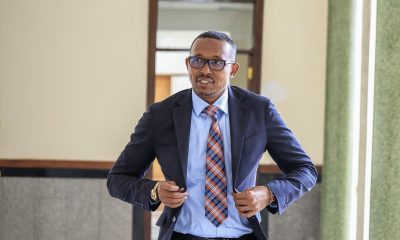

Ali concluded with a resounding call: “Justice must be served, and DIG Eliud Lagat must resign immediately as he is a person of interest and prime...
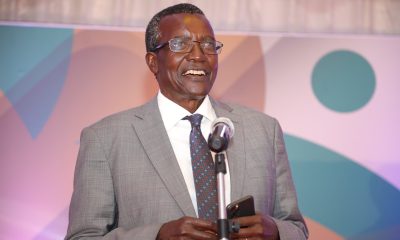

“We refuse to be a country where parents have their children kidnapped in broad daylight, tortured, and killed by state-sponsored terror,” the statement declared.
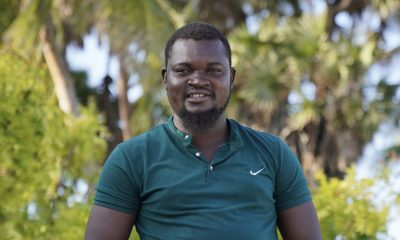

Jakakimba concluded his statement by offering “personal and heartfelt condolences” to Ojwang’s family, relatives, and friends, expressing hope that justice will not only be done but...
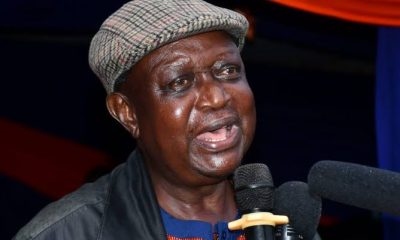

In an emotional plea, Ojwang’s father directly addressed DIG Lagat: “Eliud Lagat, were you the one who sent your people? What did he do to deserve...
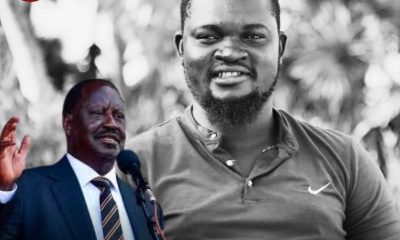

Odinga’s statement from Bangkok carries particular weight as it directly challenges President William Ruto’s administration to take decisive action.
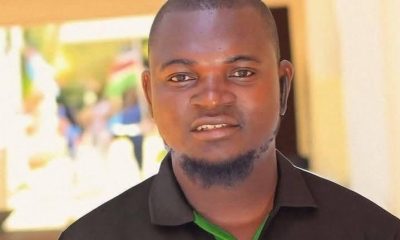

The case has prompted immediate action from Inspector General of Police Douglas Kanja, who ordered the interdiction of several officers to ensure an impartial investigation.
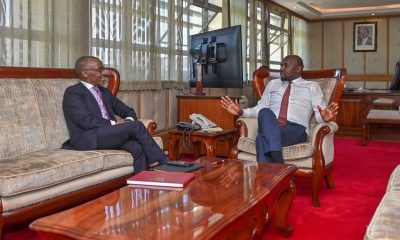

Activists have accused Safaricom of sharing customer call records and location data with alleged state agents, allowing them to track and capture targets.
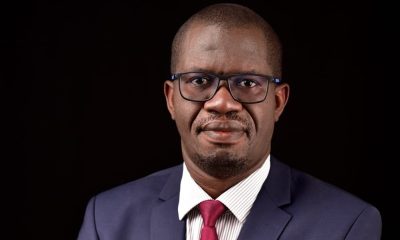

Police have claimed that Ojwang died by suicide, alleging he hit his head against the cell wall.
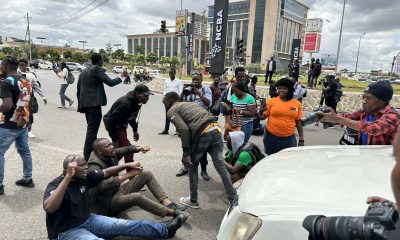

Among the prominent figures leading Monday’s demonstration were activist Hanifa Adan, Vocal Africa CEO Hussein Khalid, university student leader Joshua Okayo, and scholar-turned-activist Fred Ogola.
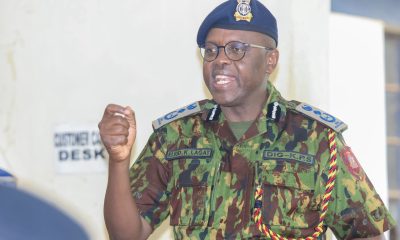

Following mounting public pressure and outcry, IG Kanja has taken swift action by interdicting five officers who were on duty at Central Police Station during Ojwang’s...
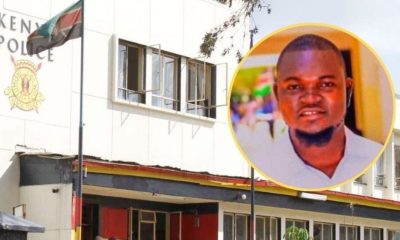

Albert sent his final WhatsApp message at 1:57 PM on Saturday, asking a friend for 500 shillings for fuel: “Mzee, nipatie 500 niweke fuel.” By 2:00...


According to family members, the officers informed them that the 26-year-old was being detained over an alleged offensive post he had made on the social media...